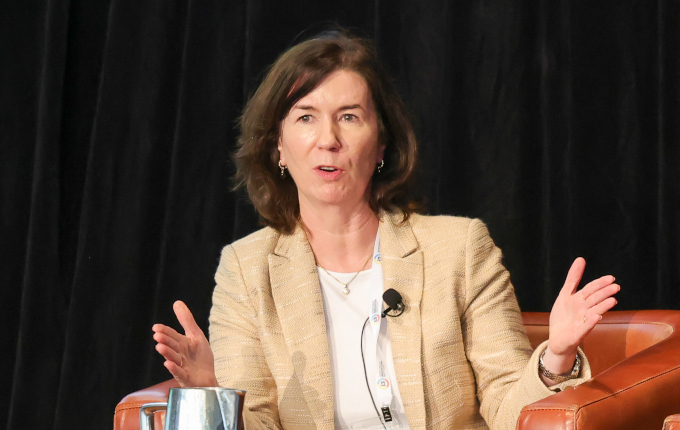Lobsters are a unique creature, because unlike most they can escape the process of ageing.
They don’t experience ‘senescence’, the gradual deterioration of normal functioning. At the cellular level, senescence means that cells stop dividing and they eventually die.
Most animals do experience senescence. In the process of cell division and DNA copying, the protective end-caps on chromosomes, called telomeres, slowly get shorter and shorter, and when they are too short, a cell can no longer divide. The animal dies.
But lobsters keep regenerating telomeres, because they have a limitless supply of an enzyme called ‘telomerase’. They produce lots of this enzyme, allowing them to maintain a youthful DNA indefinitely.
Humans are not as lucky. We fall in the category of mammals that do experience senescence.
We grow old.
As such, we have to think about our retirement. The Australian pension industry is still in its early stages of developing retirement solutions and the coronavirus pandemic of 2020 has shown how vulnerable retirement savings can be to tail risk events in markets.
But with the Retirement Income Covenant expected to come into effect on 1 July 2022, superannuation funds will be required to formulate, review regularly and give effect to a retirement income strategy.
Although initially, Treasury was pushing for some sort of default product for retirees, not unlike the MySuper option in the accumulation phase, in its latest position paper Treasury seemed to have moved away from product in favour of developing a comprehensive roadmap of how to tackle the issues associated with retirement strategies.
Trustees will now have to develop a document, outlining their plan to assist their members to achieve and balance a number of objectives, including maximising retirement income, managing risks to the sustainability and stability of retirement income, and having some flexible access to savings during retirement.
Yet, this still leaves many questions unanswered:
- Do we still need a default product for those members that refuse to engage at all?
- Should trustees be given powers to select a retirement strategy for those that make no choice?
- What longevity solutions are optimal in the current environment of record low yields?
- Is segmentation a must and how do you go about it?
- What role can advice play, as not everyone can afford a comprehensive statement of advice, while there aren’t enough planners to cover the entire demographic of retirees?
- Is there a danger that we lose members in the process as retirement strategies become too complex?
We will discuss this and many other topics at the [i3] Retirement Strategy Forum.
Enquire about this event


![[i3] Retirement Strategy Forum 2020](https://i3-invest.com/wp-content/uploads/2019/12/i3-Retirement-Strategy-2020_SlideShow_noMashead-Standard-544x430.jpg)


